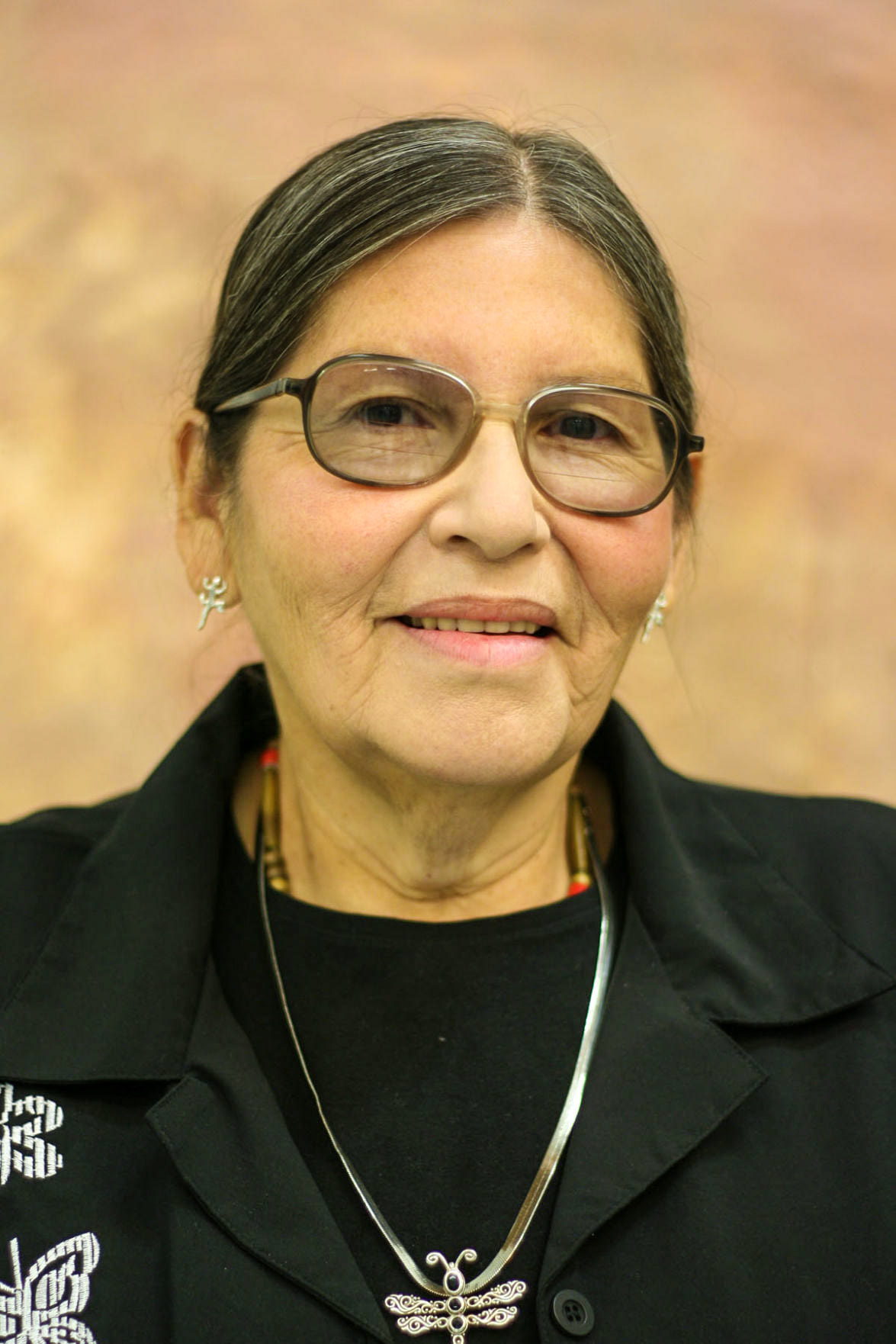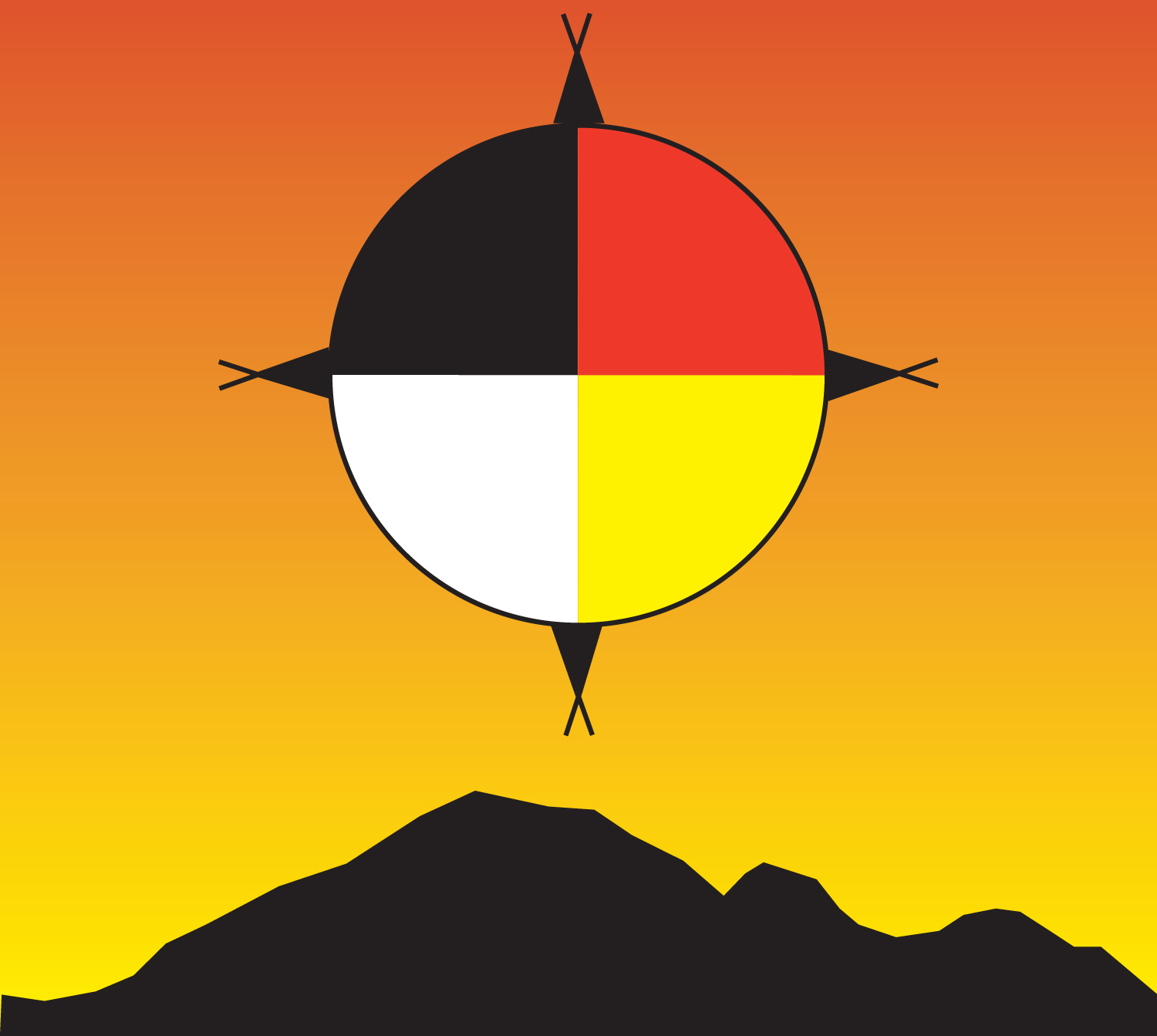Indianz.Com > News > Native Sun News Today: Words of wisdom from Lakota elders

History holds the lessons between races
Wednesday, October 21, 2020
Native Sun News Today Health & Environment Editor
DEADWOOD, South Dakota – Descendants of both the original residents and the settlers of the Great Plains brought their experience and philosophies to bear on contemporary challenges of race relations at the 28th West River History Conference here October 8-10.
“Hope is the only thing that ties us all together,” former Black Hills State University American Indian Studies Professor Jace DeCory said in her presentation entitled “Words of Wisdom from Lakota Elders.”
A Cheyenne River Sioux tribal member, DeCory shared concepts encompassed in Lakota language that have helped people stay alive and have helped a culture to survive — vocabulary every bit as relevant in this pandemic period as in past times of trouble.
“Wise words are what I call them, the w words; they help us to heal, as our people have gone through a lot,” she said. She proceeded to explain the terms wolakota, wotakuye, wicozani, wokicunze, wicoh’an, wiconi, wicoyake and wokiksuye.
“We lived in balance and harmony – wolakota – with good hearts, good minds, good bodies,” she said. “Advice from the elders helped the tiospaye stay emotionally strong.”

NATIVE SUN NEWS TODAY
Support Native media!
Read the rest of the story on Native Sun News Today: History holds the lessons between races
Contact Talli Nauman at talli.nauman@gmail.com
Note: Copyright permission Native Sun News Today
Search
Filed Under
Tags
More Headlines
AUDIO: ‘The Network Working Against the Lumbee Tribe’
VIDEO: ‘The Network Working Against the Lumbee Tribe’
Tribal homelands bill on agenda as 118th Congress comes to a close
Native America Calling: Solving school absenteeism
‘The time is now’: Lumbee Tribe sees movement on federal recognition bill
Cronkite News: Program expanded to cover traditional health care practices
NAFOA: 5 Things You Need to Know this Week
Chuck Hoskin: Cherokee Nation reclaims boarding school sites
Native America Calling: Reclaiming and growing Hawaiian kapa traditions
‘We’re not done’: Indian Country legislation crawls through Congress
Native America Calling: Native American athletes at the 2024 National Finals Rodeo
Native America Calling: New momentum to preserve mounds
Native America Calling: Businesses face new tariff possibilities
AUDIO: Strengthening the Nation-to-Nation Relationship at 2024 White House Tribal Nations Summit
AUDIO: Investing in Indian Country at 2024 White House Tribal Nations Summit
More Headlines
VIDEO: ‘The Network Working Against the Lumbee Tribe’
Tribal homelands bill on agenda as 118th Congress comes to a close
Native America Calling: Solving school absenteeism
‘The time is now’: Lumbee Tribe sees movement on federal recognition bill
Cronkite News: Program expanded to cover traditional health care practices
NAFOA: 5 Things You Need to Know this Week
Chuck Hoskin: Cherokee Nation reclaims boarding school sites
Native America Calling: Reclaiming and growing Hawaiian kapa traditions
‘We’re not done’: Indian Country legislation crawls through Congress
Native America Calling: Native American athletes at the 2024 National Finals Rodeo
Native America Calling: New momentum to preserve mounds
Native America Calling: Businesses face new tariff possibilities
AUDIO: Strengthening the Nation-to-Nation Relationship at 2024 White House Tribal Nations Summit
AUDIO: Investing in Indian Country at 2024 White House Tribal Nations Summit
More Headlines
